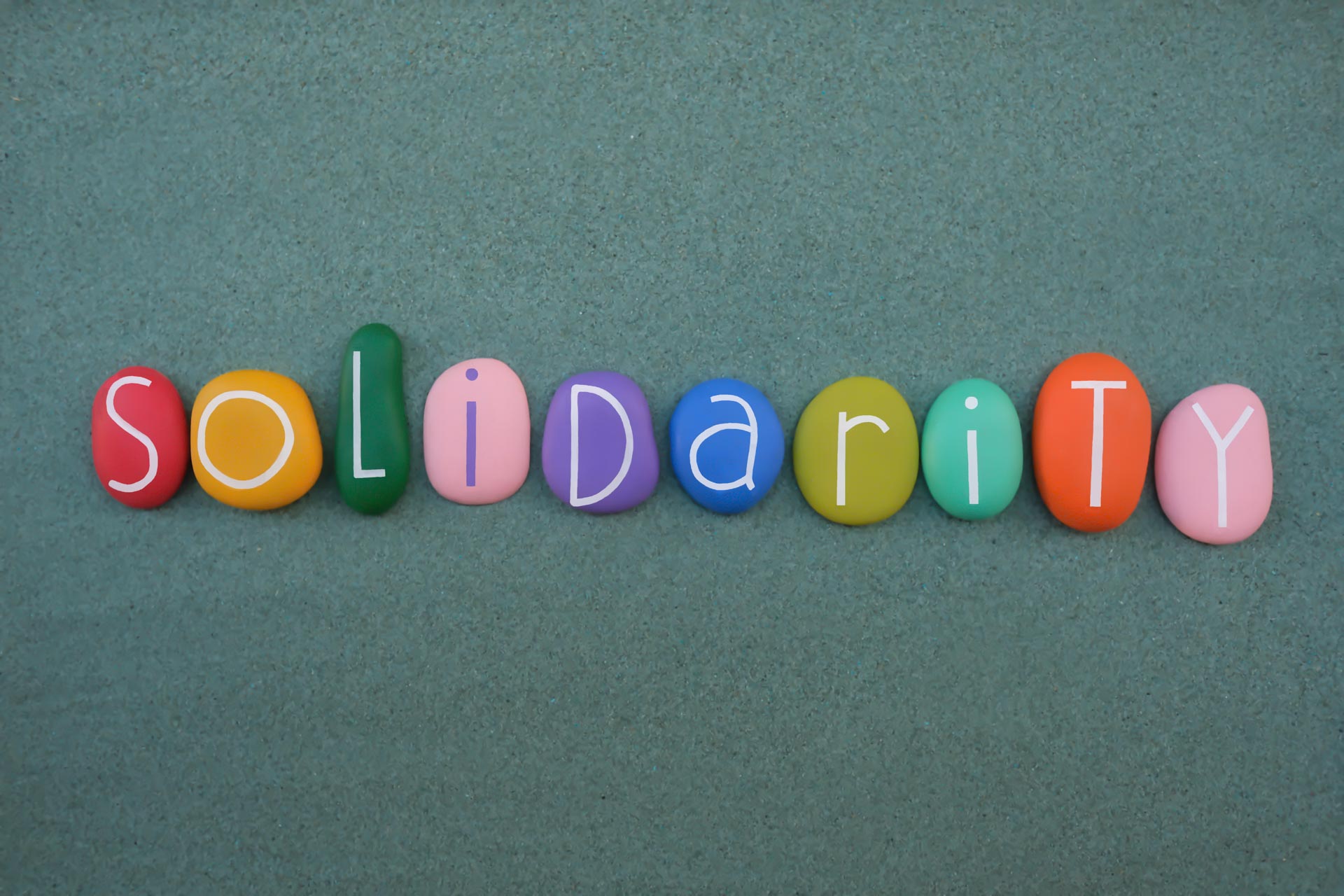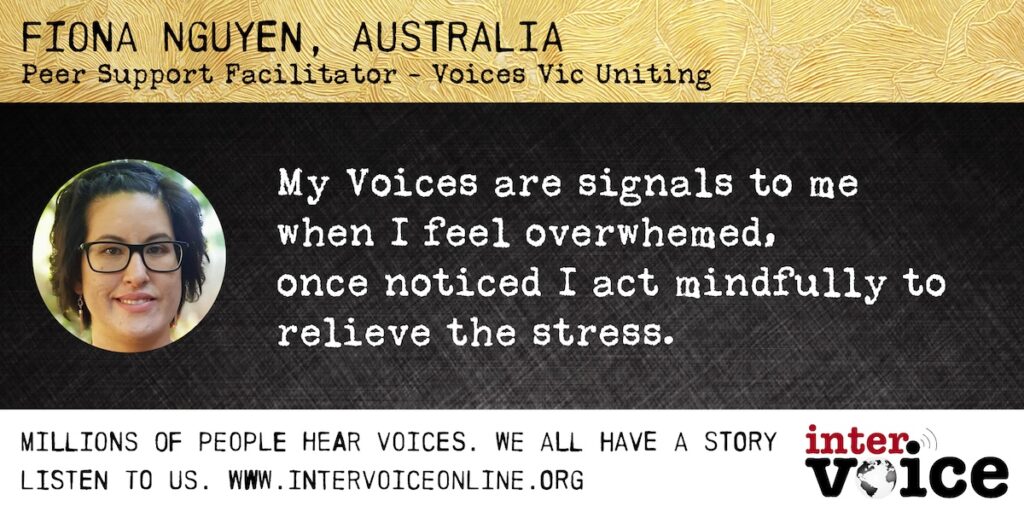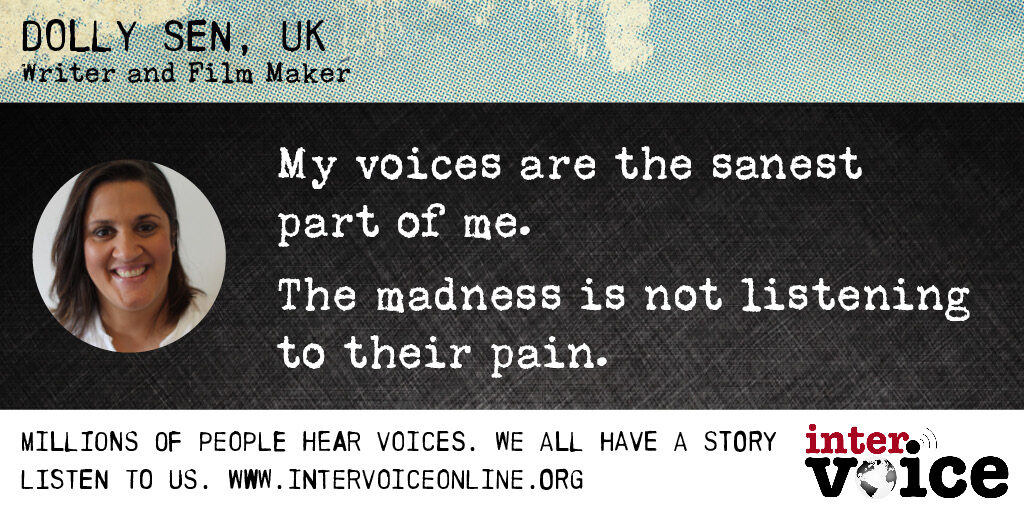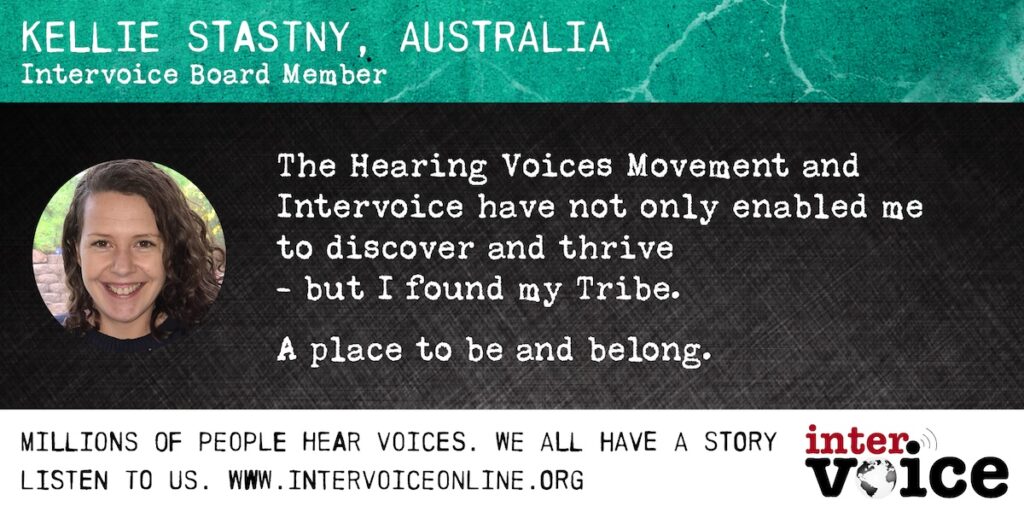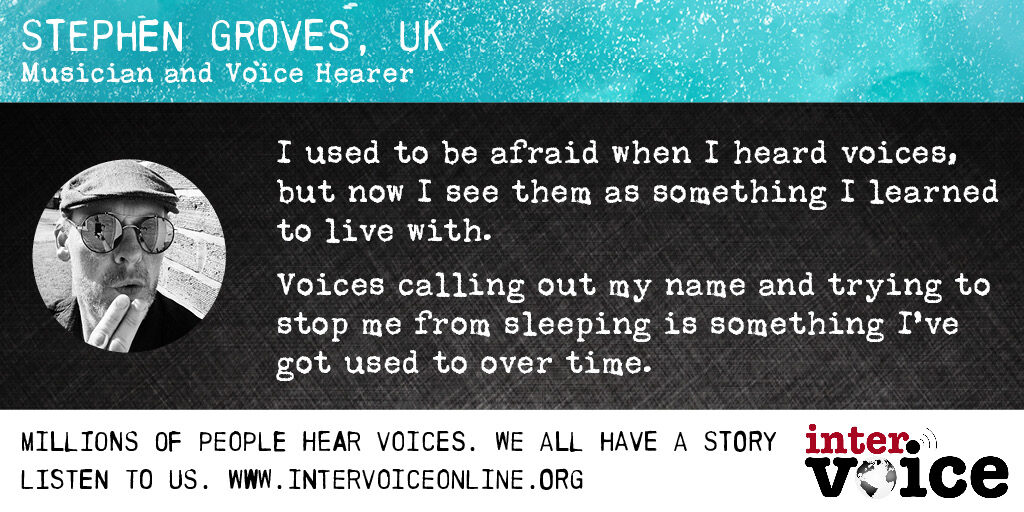May recalls one man, Edward, whose voice told him to build a time machine. “I asked this voice – via Edward – why. It transpired that Edward felt responsible for his brother’s death and wanted to go back and change it. We were able to address that and Edward began to realise he wasn’t responsible.”
Such responses may even be life-saving opportunities. May cites the case of John Barrett who, having walked out of a secure hospital unit, stabbed a retired banker in 2004 after hearing voices in his head. “It seems to me that people didn’t work meaningfully with his voices. He’d had a violent childhood, so his voice could have represented his father.”
May is now involved in training mental health professionals in helping people who hear voices. “Conventional training goes deep, but it helps that I have a high profile,” he says. In fact, he doesn’t advocate that all voice-hearers take this route. “But if you catch people early, or other approaches haven’t worked, it can work very well.”
Some professionals – such as Richard Bentall, professor of experimental clinical psychology at Manchester University – go further, stating that medications should be avoided wherever possible. “They have high costs in terms of side-effects, some life-threatening. Antipsychotic drugs, in particular, can produce stiffness, tremors, involuntary movements, massive weight gain and increased risk of heart attacks and diabetes,” he says.
What’s more, research estimates that about half of patients given drugs don’t get an adequate therapeutic response. “Add to this the fact that they are given a label like schizophrenia – which has no scientific meaning, and is deeply stigmatising – and it’s little wonder that voice-hearers are given such little hope. The bottom line is that we need to stop trying to cure people, and liberate them instead.”
Professor Marius Romme, a psychiatrist, adds that many inner voices can be unthreatening and even positive. “They may try to comfort, congratulate, guide or reassure. It’s wrong to turn this into a shameful problem that people either feel they have to deny or to take medication to suppress.”
Romme’s work was instrumental in the formation of the Hearing Voices Network, an education and self-help registered charity for voice-hearers. Jacqui Dillon, who chairs the network, says:”We call inner voices – or indeed visions – messengers, because they give strong signals into people’s mindsets.”
The network has a growing professional following, Dillon says. “We get a lot of referrals from psychiatrists nowadays, although there’s still a long way to go.”


